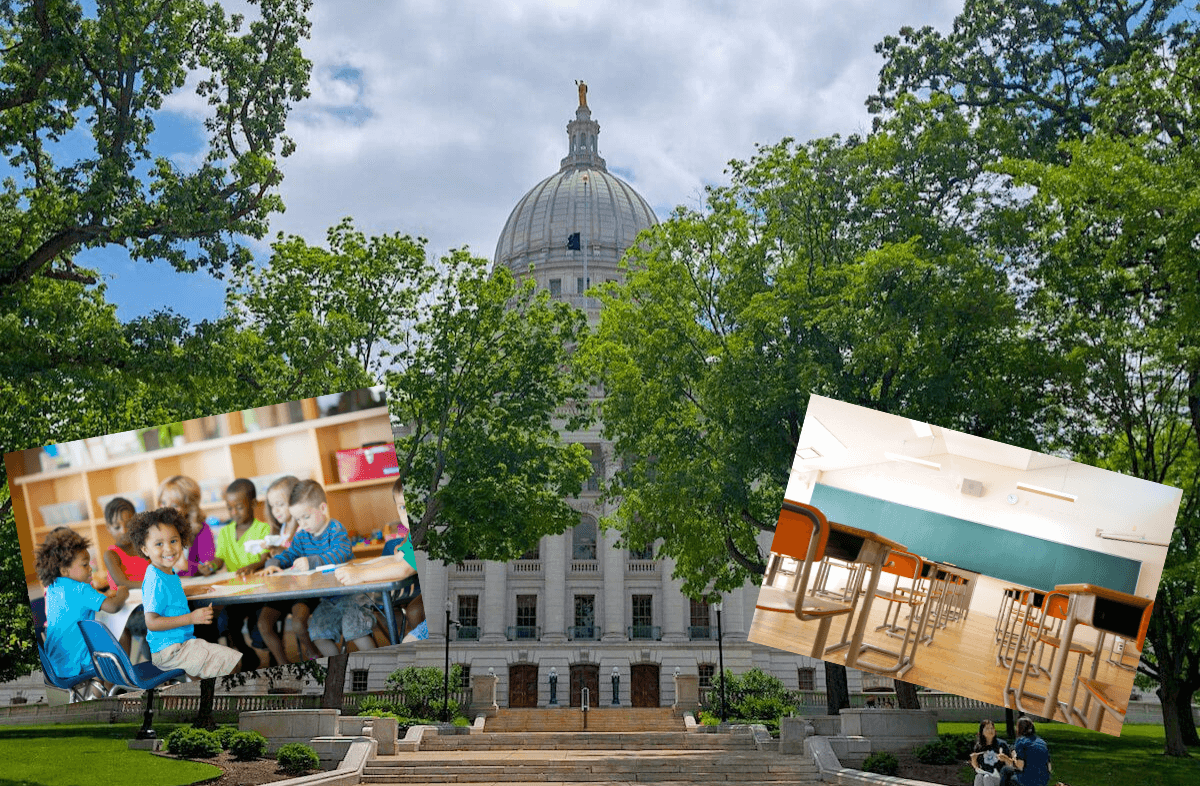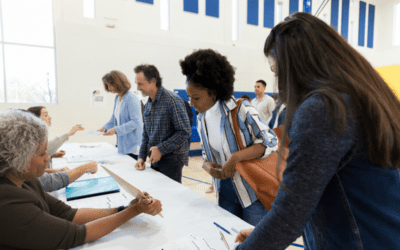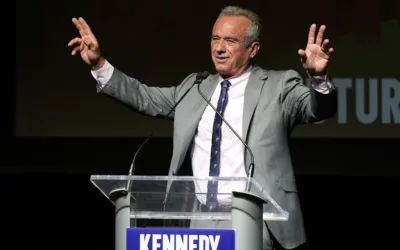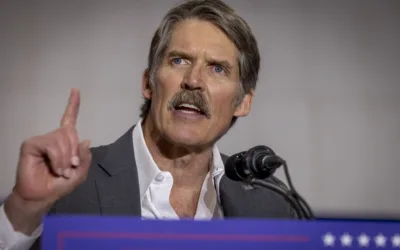
Gov. Tony Evers has a $2 billion plan that would help schools without raising property taxes, if only the Legislature would come back to work.
Even though Wisconsin is in the throes of a general election campaign, a leading advocate for public education would be happy to see the Legislature come back to work long enough to put Gov. Tony Evers’ new budget surplus plan for schools into action—or even the one he proposed in March for a special session that Republican lawmakers ignored.
“If it was up to me, the legislature would come back in session today and take up that special session the governor called for,” said Heather DuBois Bourenane of the Wisconsin Public Education Network. “One thing that most people don’t know, because the narrative on this has been so confusing, is that in the last budget our state lawmakers actually sent kids back to school with $0 in new spendable aid—at a time when needs have never been higher post-pandemic and inflation has never been higher.”
Republican legislators claim they put an additional $700 million into education during the last state budget debate—but by refusing to lift draconian spending caps, the increase turned into nothing more than an accounting trick. The money went to schools on paper, but then it all had to go toward property tax relief into of helping schoolkids.
Shortly after that budgetary sleight-of-hand, civic and business leaders all but begged Republican leadership to reconsider, especially with a surplus estimated at the time to be nearly $4 billion.
It’s now around $5 billion. Republicans have been sitting on it and have no intention of coming back into session until next January, when they hope Tim Michels will be governor and the surplus can be turned into tax cuts rather than supporting vital services.
Evers, for his part, announced this week his latest ideas for putting some of that surplus toward public schools. By using the surplus, the funding would help education without raising property taxes. The plan includes raising spending limits and putting the surplus money to work toward literacy programs, mental health services, addressing the teacher shortage, financial literacy, affordable school lunches, and special education. DuBois Bourenane said the amount of state support for special education used to be 90% but is now down to 30%—costing Wisconsin schools around $1 billion in general aid that used to be put to work throughout each school district.
“The state currently provides 90% reimbursement to private schools for students who are attending on a special needs voucher,” DuBois Bourenane said. “Not only are they getting a statutory 90% of special education costs reimbursement, they are getting the $12,000 voucher on top of that. And the public schools are still responsible for providing the special education services for students attending private schools in this state. And so it’s an absolute shell game, and people are not aware of how much that funding discrimination is costing our public schools.”
While a record surplus sits untouched, Wisconsin school districts are asking voters to approve a record $1.9 billion in spending authority, with at least 70 referendum questions that will be on ballots Nov. 8.
Support Our Cause
Thank you for taking the time to read our work. Before you go, we hope you'll consider supporting our values-driven journalism, which has always strived to make clear what's really at stake for Wisconsinites and our future.
Since day one, our goal here at UpNorthNews has always been to empower people across the state with fact-based news and information. We believe that when people are armed with knowledge about what's happening in their local, state, and federal governments—including who is working on their behalf and who is actively trying to block efforts aimed at improving the daily lives of Wisconsin families—they will be inspired to become civically engaged.


New Biden rules deliver automatic cash refunds for canceled flights, ban surprise fees
In the aftermath of a canceled or delayed flight, there’s nothing less appealing than spending hours on the phone waiting to speak with an airline...

One year on the Wienermobile: The life of a Wisconsin hotdogger
20,000+ miles. 16 states. 40+ cities. 12 months. Hotdogger Samantha Benish has been hard at work since graduating from the University of...

Biden makes 4 million more workers eligible for overtime pay
The Biden administration announced a new rule Tuesday to expand overtime pay for around 4 million lower-paid salaried employees nationwide. The...

‘Radical’ Republican proposals threaten bipartisan farm bill, USDA Secretary says
In an appearance before the North American Agricultural Journalists last week, United States Department of Agriculture (USDA) Secretary Tom Vilsack...





